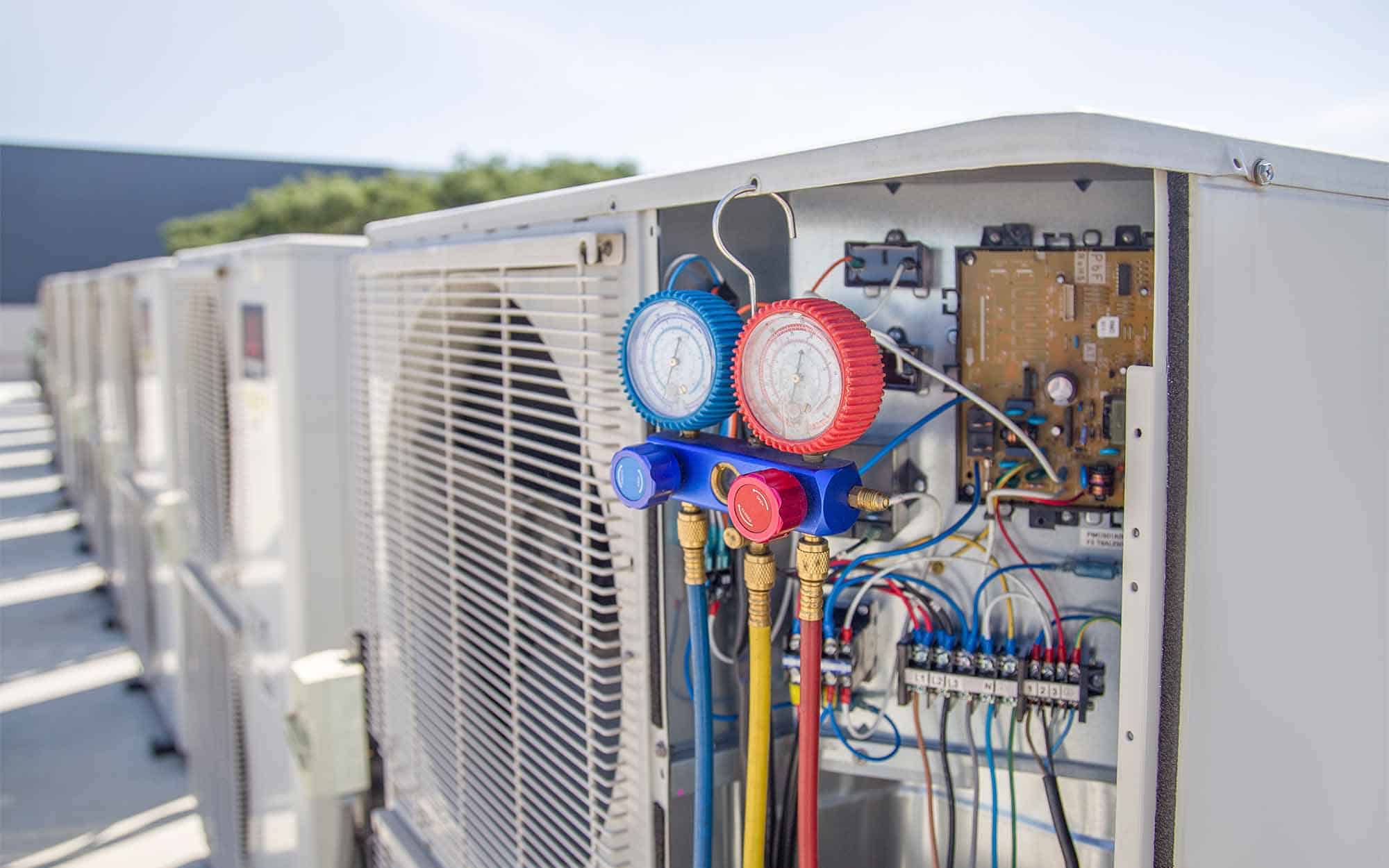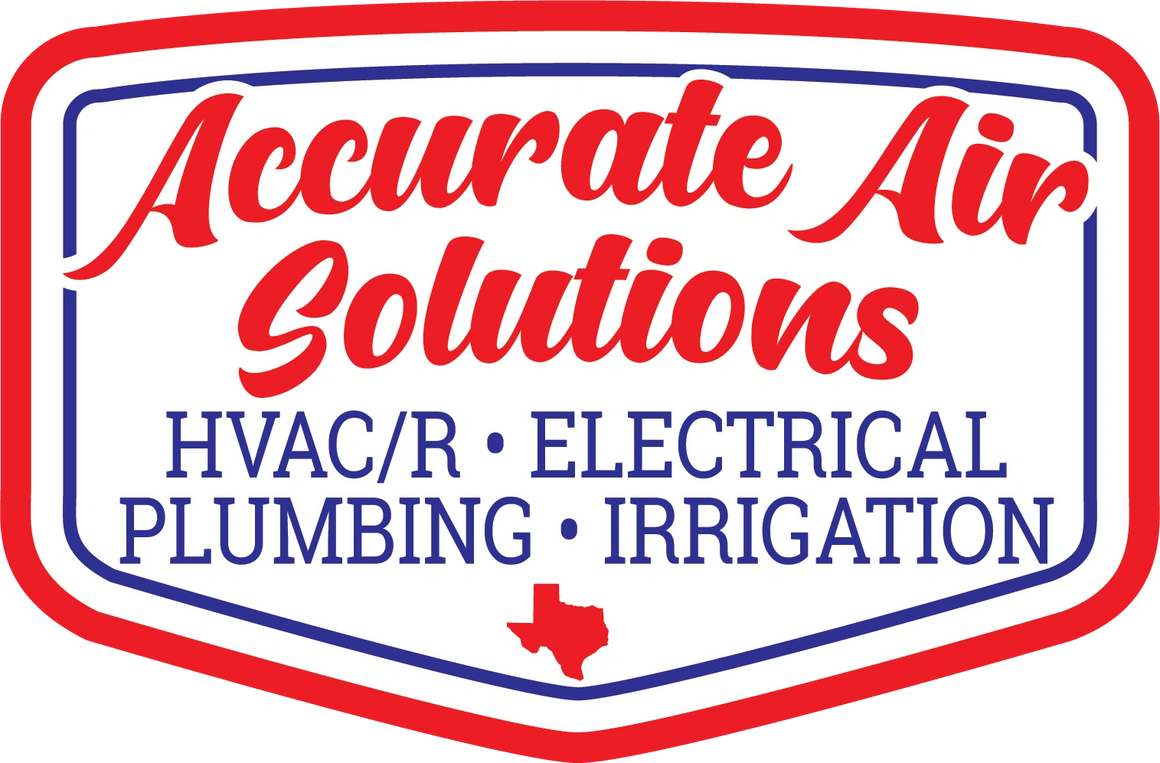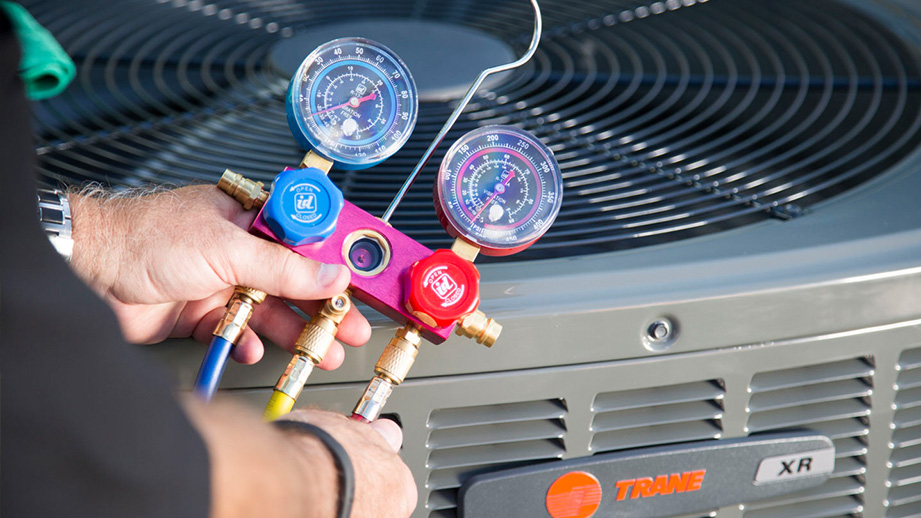The Significance of HVAC Setup: Trick Factors To Consider for a Comfy Indoor Environment
The installation of a HVAC system is a critical part in accomplishing a comfy and energy-efficient indoor environment. Variables such as the suitability of the system for specific structure needs, correct sizing to prevent ineffectiveness, and the knowledge of contractors for a top quality installation play essential roles. The fostering of sophisticated modern technologies can considerably boost system performance.
Choosing the Right System

When choosing a cooling and heating system, it is vital to assess the ability needed to successfully warmth or cool the space without straining the system, which can result in enhanced wear and operational prices. Consulting with an expert cooling and heating specialist can give beneficial understandings right into selecting a system that aligns with both the awaited usage and the architectural layout patterns of the building.
In addition, taking into consideration the assimilation of wise modern technology can enhance system administration and monitoring, offering higher control and prospective cost financial savings. By diligently evaluating these elements, one can make certain the option of a cooling and heating system that not just fulfills immediate demands however likewise adds to long-lasting functional sustainability and owner comfort.
Understanding Energy Efficiency
Comprehending energy performance is necessary when thinking about a Cooling and heating installation, as it straight influences both the environmental footprint and the functional expenses of the system. The performance of a Cooling and heating system is generally indicated by scores such as SEER (Seasonal Energy Performance Proportion) for air conditioners or AFUE (Yearly Gas Use Efficiency) for furnaces.

Buying an energy-efficient heating and cooling system not only equates to cost financial savings but additionally adds favorably to environmental preservation by reducing greenhouse gas exhausts. Furthermore, many territories provide incentives or discounts for the setup of high-efficiency systems, even more improving their financial allure.
When reviewing energy performance, think about advanced attributes such as variable speed electric motors, wise thermostats, and zoning capabilities. These advancements enhance the system's ability to adapt to differing demand, thereby enhancing energy usage. It is vital to speak with a/c experts that can provide insights right into the best choices tailored to specific environment conditions and usage patterns, making sure optimal effectiveness and convenience.
Importance of Appropriate Sizing

On the other hand, an undersized HVAC system will struggle to reach the desired temperature level, particularly throughout severe weather. This can lead to continuous operation, leading to higher power prices and potential getting too hot of system elements. Additionally, poor sizing can result in inconsistent temperature level distribution, triggering certain areas of a building to be also cool or as well cozy.
To achieve the right sizing, an extensive load computation is crucial. This entails evaluating numerous factors such as the structure's square footage, insulation levels, window types, and regional environment conditions. By precisely identifying the home heating and cooling down needs of a space, a/c specialists can suggest systems that make sure efficient procedure, minimized power intake, and enhanced indoor convenience.

Guaranteeing Quality Setup
A seamless a/c installment is the keystone of a system's long life and efficiency. Making sure high quality setup includes careful interest to detail, adherence to market standards, and employing proficient experts. The procedure starts with choosing a certified and experienced a/c specialist. This expert ought to possess comprehensive understanding of diverse systems and be adept at evaluating the certain requirements of the structure.
Appropriate installation surpasses simple positioning of tools. It involves accurate calibration to make sure optimal airflow, reliable energy usage, and uniform temperature distribution. This consists of accurate ductwork installation, guaranteeing links are leak-free and protected, which is vital for maintaining system effectiveness and interior air quality.
Moreover, the implementation of advanced diagnostic devices throughout setup can find possible concerns early, stopping expensive fixings and extending the life-span of the system. The service provider should also guarantee that all parts are compatible and that the system abides with neighborhood building regulations and guidelines.
Regular Upkeep Practices
When the foundation for a high-performing cooling and heating system is developed with quality installation, the emphasis needs to change to normal upkeep techniques to make certain ongoing performance and integrity. Regular maintenance not only extends the life-span of the system but additionally improves indoor air top quality, decreases power usage, and protects against costly repairs. Vital maintenance jobs include regularly transforming air filters, cleaning up evaporator and condenser coils, and evaluating the system for leakages or blockages.
Air filters need to be replaced or cleaned up every one to 3 months, relying on use and environmental variables. This basic job can considerably improve air flow and system hvac office performance (air conditioning contractor in Brownwood TX). Cleaning up the evaporator and condenser coils stops dust accumulation, which can hinder warm absorption and air conditioning ability. Furthermore, specialist technicians must examine the system yearly, checking for refrigerant levels, electrical connections, and general system efficiency.
Attention to ductwork is additionally crucial; sealing and cleaning up ducts regularly prevents air loss and contamination. Applying a maintenance schedule makes sure that small concerns are addressed before they intensify, safeguarding the system's operational honesty. By sticking to these upkeep techniques, home owners can maximize their HVAC system's performance and preserve a comfy interior atmosphere year-round.
Final Thought
a/c setup plays an essential function in making sure click to read more interior convenience and enhancing power effectiveness. air conditioning contractor in Brownwood TX. By choosing a proper system tailored to certain building requirements, understanding power performance, and making sure proper sizing, inadequacies can be lessened. The participation of competent professionals warranties high quality setup, while the assimilation of innovative modern technologies improves system performance and tracking. Regular upkeep is vital for extending system life-span and enhancing indoor air quality, thus fostering a sustainable and comfortable living or functioning environment.
Numerous types of HVAC systems are offered, consisting of split systems, hybrid systems, duct-free systems, and packaged home heating and air systems, each with distinct advantages and restrictions.
Understanding power efficiency is crucial when taking into consideration a Heating and cooling installment, as it directly affects both the environmental impact and the operational costs of the system. The effectiveness of a HVAC system is normally shown by ratings such as SEER (Seasonal Energy Efficiency Ratio) for air conditioners or AFUE (Yearly Gas Use Effectiveness) for heating systems (Brownwood TX HVAC Contractor).As soon as the structure for a high-performing Cooling and heating system is developed with quality installation, the emphasis needs to change to regular maintenance practices to make certain ongoing effectiveness and reliability. Additionally, expert service technicians lennox heating need to evaluate the system each year, examining for refrigerant degrees, electric connections, and general system performance